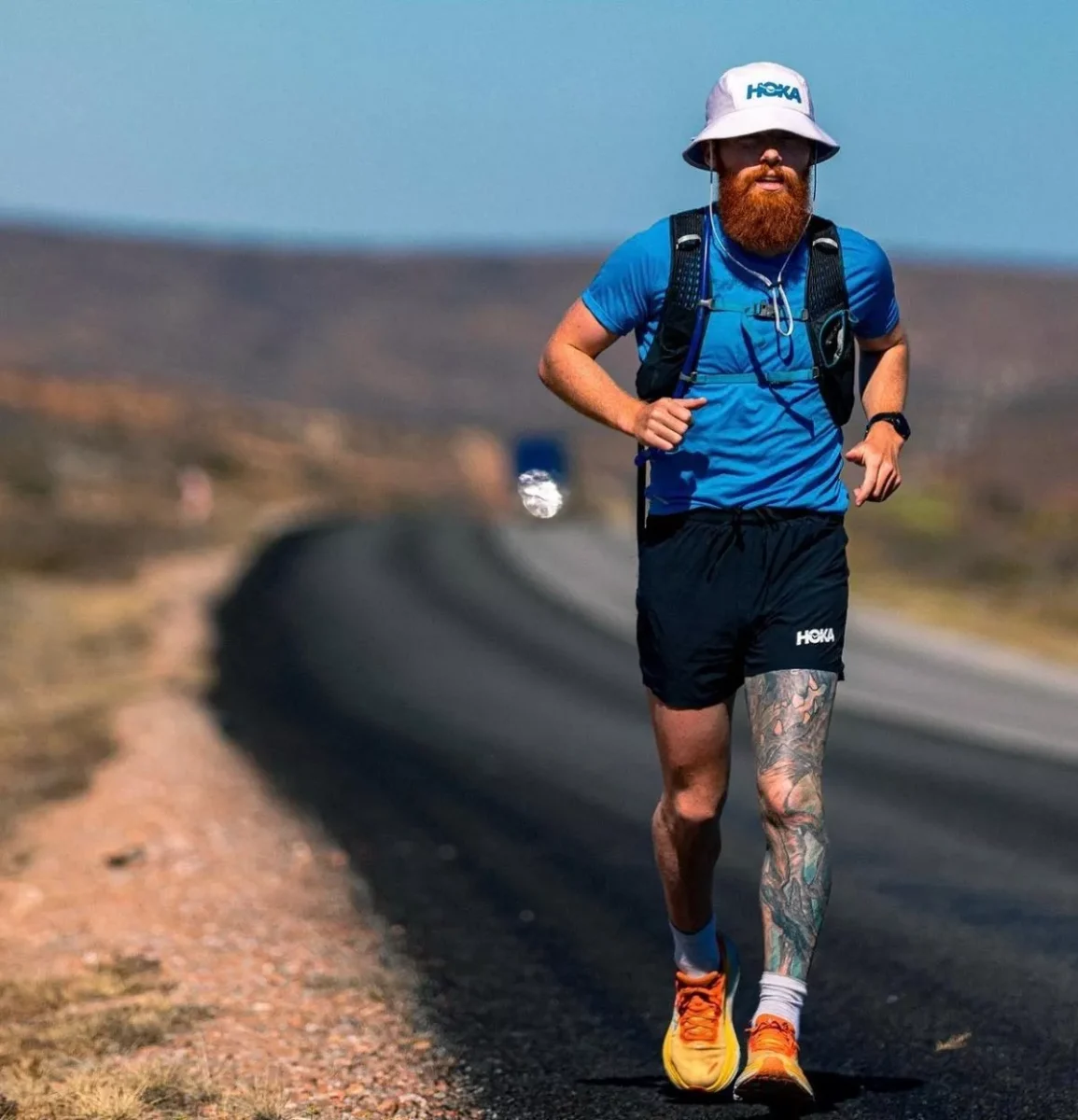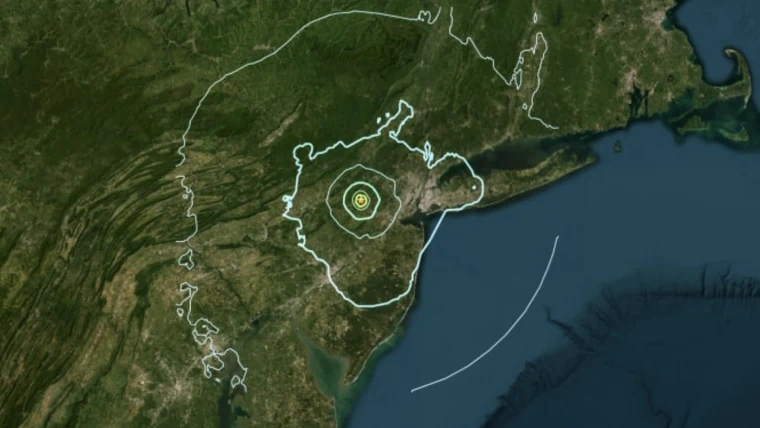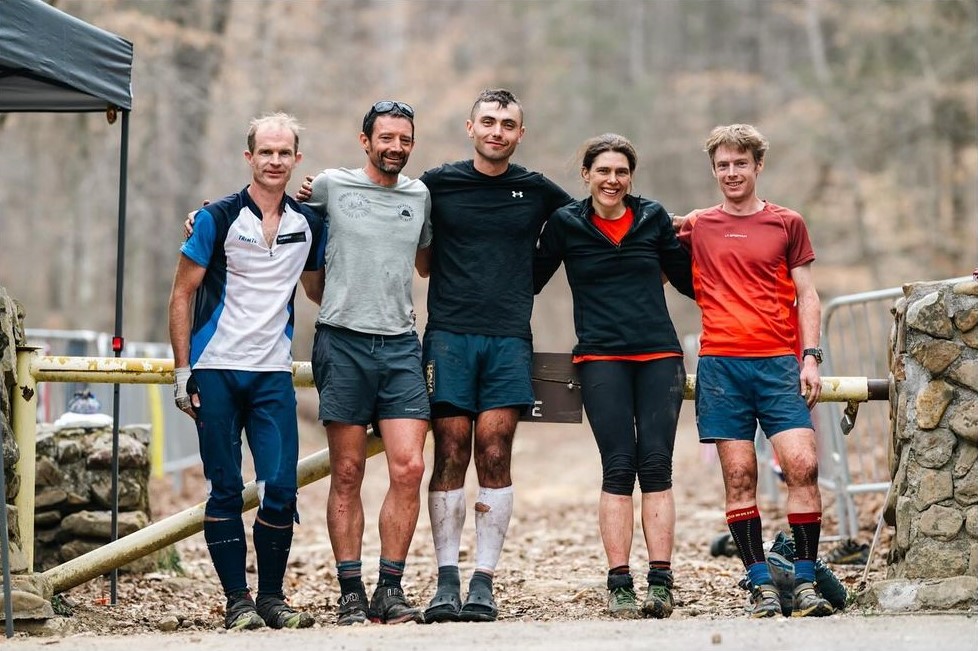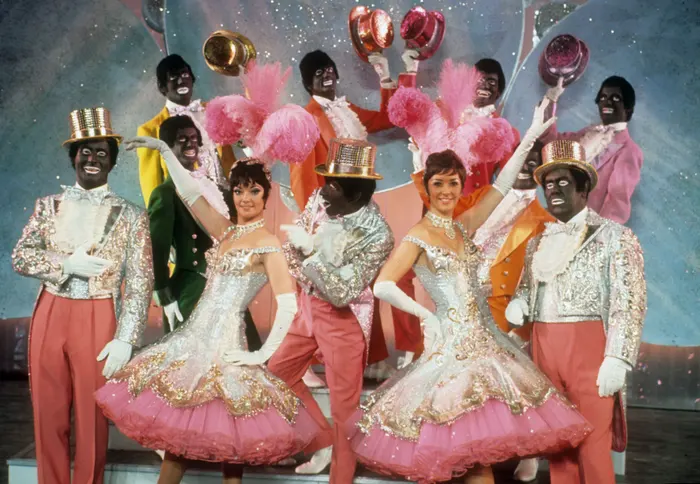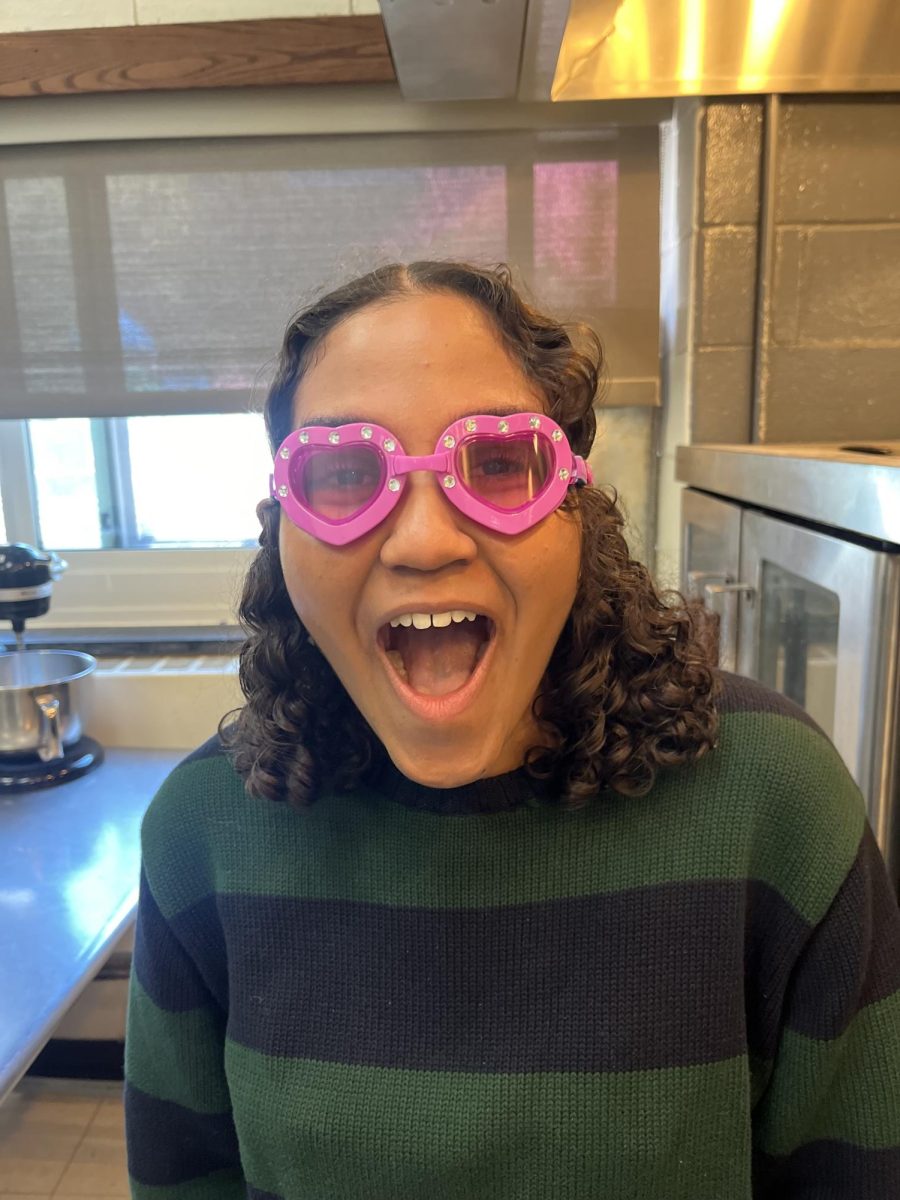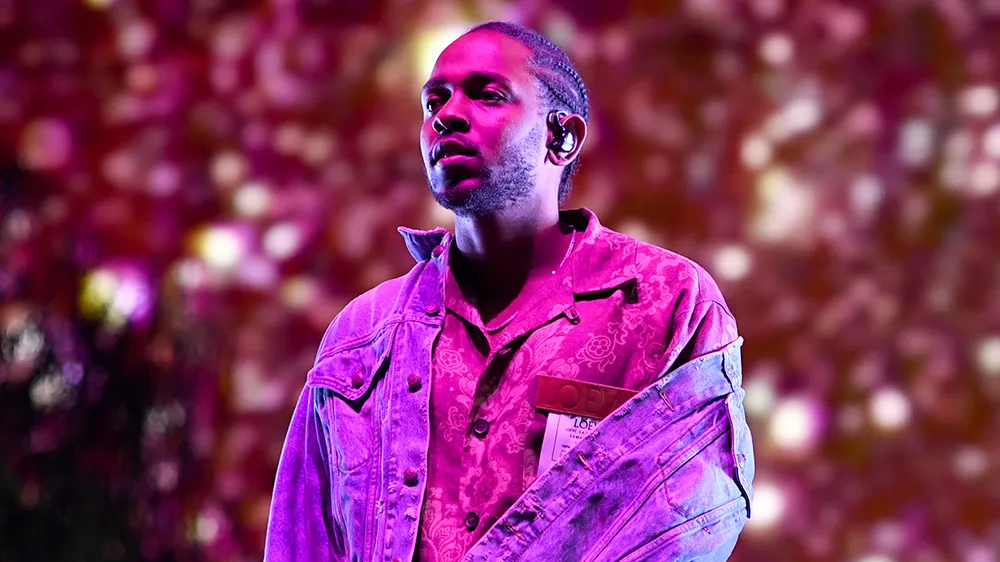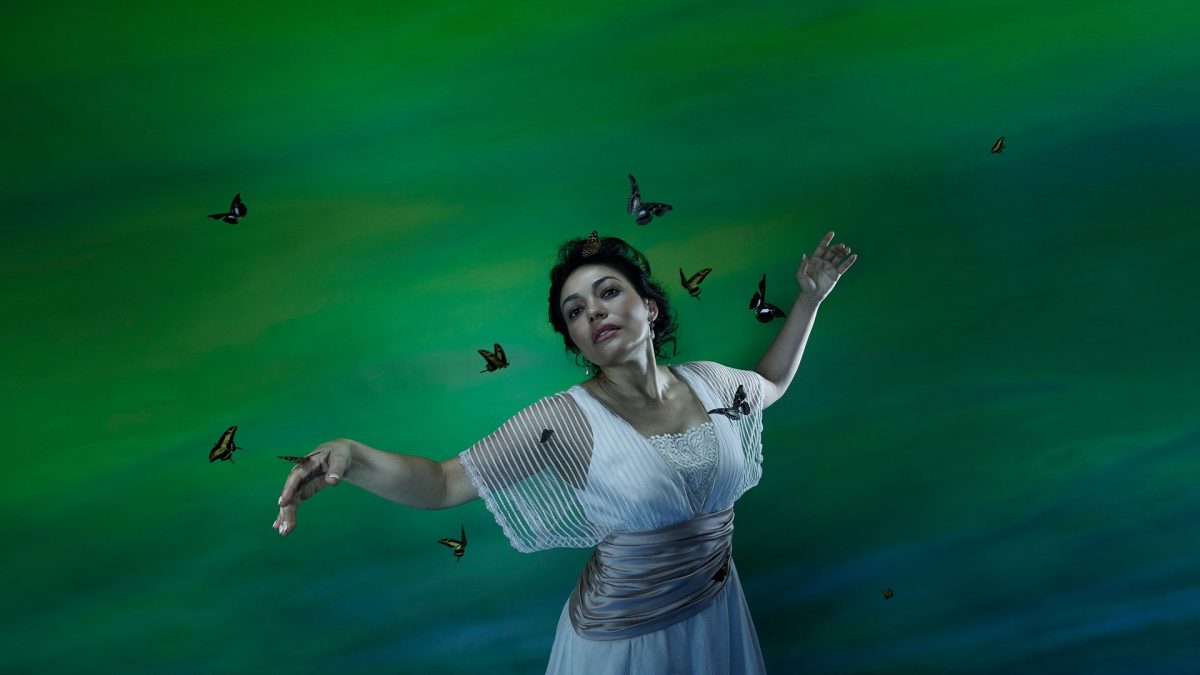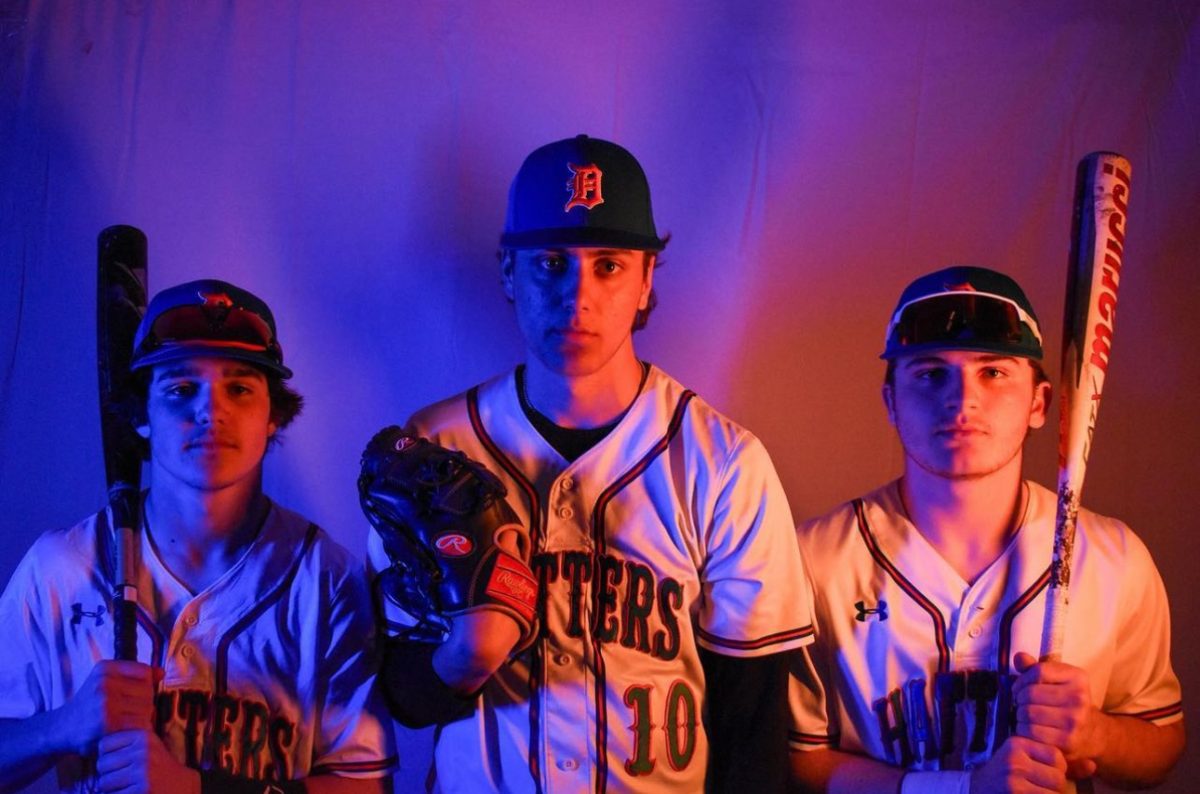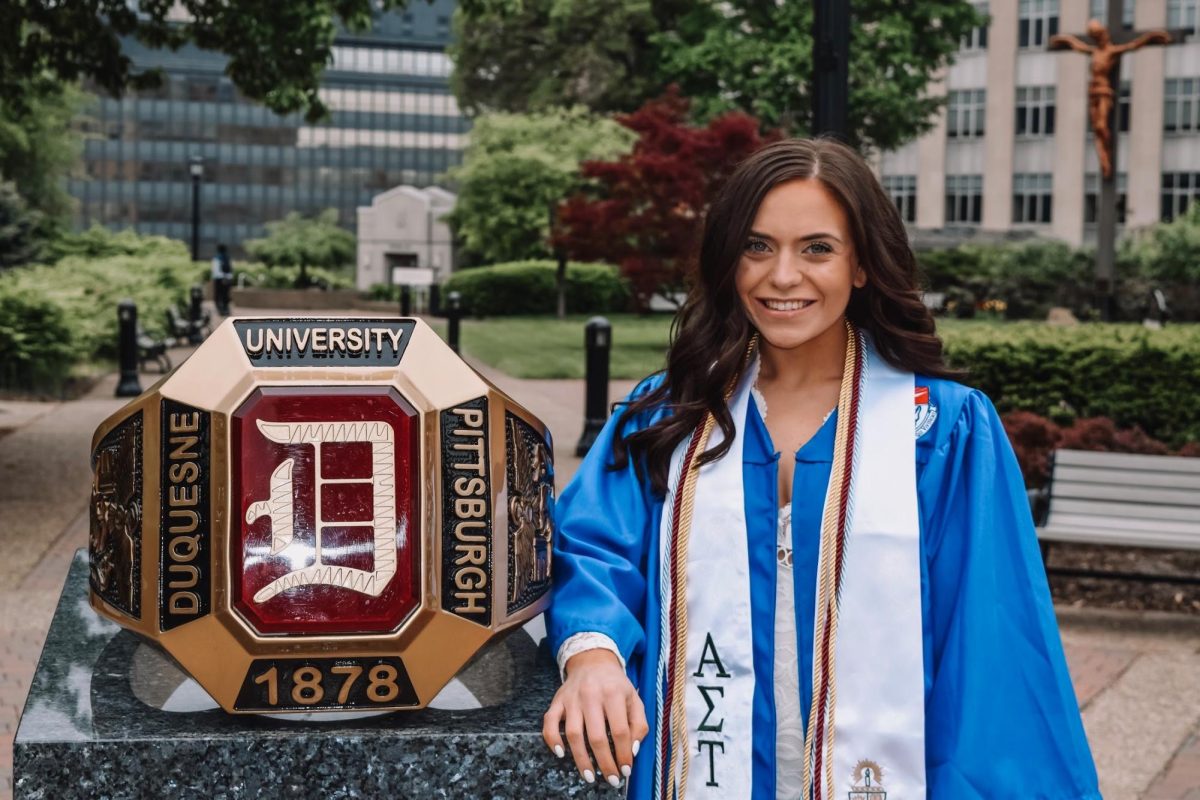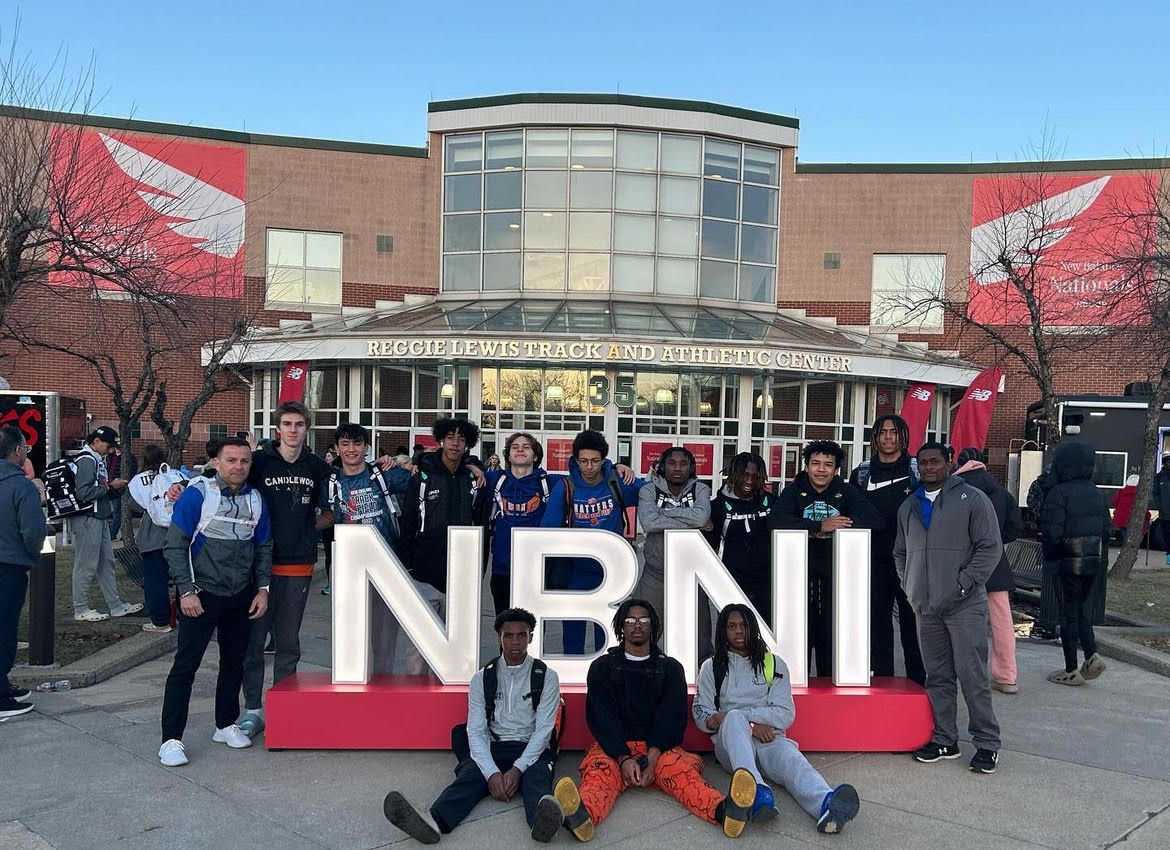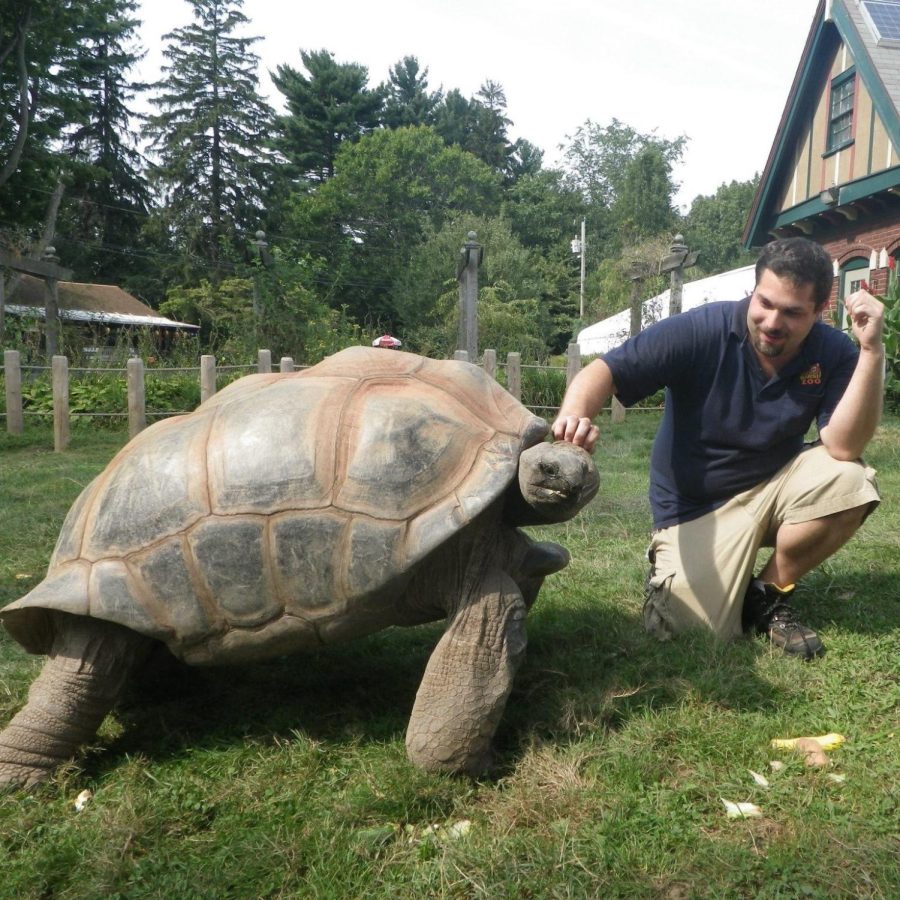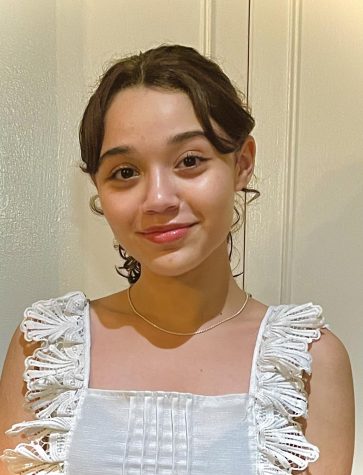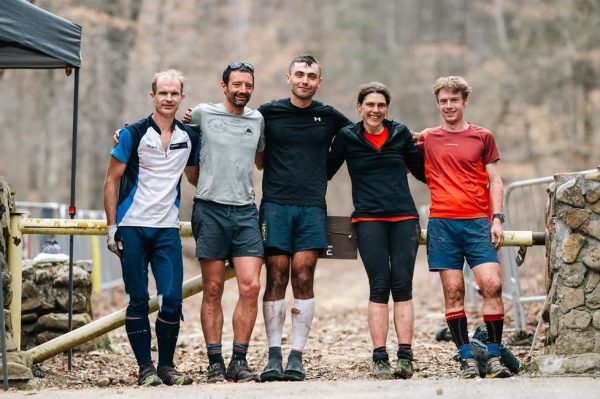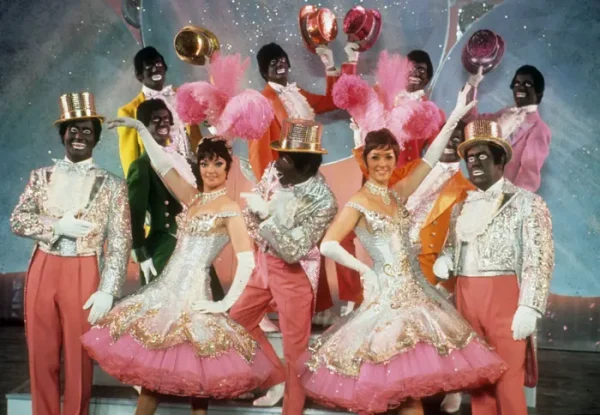The Zookeeper at DHS
Altieri next to his big friend at the zoo.
May 23, 2022
DHS Social Studies teacher Thomas Altieri is currently working at the Beardsley Zoo in Bridgeport, Connecticut. He began working at the zoo in January of 2012, a year before working at Danbury.
Nature and animals have always captivated Altieri’s interest from a young age. As a kid, his dream was to work with zoo animals and wild animals, and fortunately enough, his hard work led him into the path he desired. However, his admiration for animals isn’t the only factor in why he started working at the zoo.
“Of course, I love animals,” Altieri said. “But I think working in conservation and trying to bring animals back into the wild and help rehabilitate animals that were injured in the wild, that side of it appealed to me. The ability to actually help endangered species and inform and educate zoo guests about what zoos do in that conservation realm was important to me.”
For Altieri, working at the zoo is a great stress reliever from his job as a teacher.
“Animals are a lot more predictable than people,” said Altieri. “My usual joke is that I get scratched and bitten more in the D3 hallway than working with hawks and tigers. Some of it is that animals provide a sense of routine because they need a sense of routine, so that distresses me and calms me down.”
Altieri’s favorite part of his job is working with the animals and having the opportunity to surround himself with such great people. His co-workers not only care about the animals themselves, but they care about each other as well, making the zoo an excellent work environment. In addition, he can interact with guests and enjoys seeing them appreciate the new information they learn about animals. Altieri claims that he has built great relationships with people through the animals, which has been a delight.
“At my zoo, I particularly like working with the hawks and eagles,” said Altieri. “I’ve had a Harris hawk on my arm at one point, which is a very intelligent, big, powerful bird, it was a cool feeling. I’ve worked a little bit with the tigers when they were cubs when they were safe to work with them, now they’ve been transferred to other zoos.”
Altieri does recognize that there are dangers and risks when having to deal with exotic animals, but there are safety procedures that are followed to ensure that both the workers and animals remain safe. He claims that most animals have it better than most people at the zoo, with an air conditioner and heating accommodations. In general, the animals at his zoo are treated very well, and there are always changes and improvements conducted for their benefit.
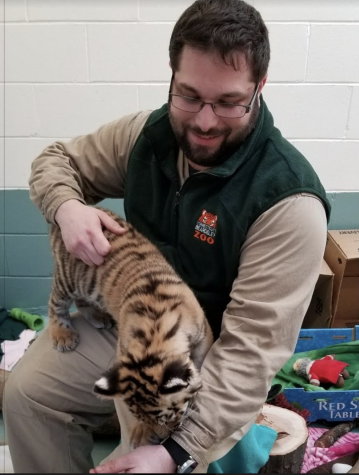
Provided by: Thomas Altieri
“My basic job is to be teaching high schoolers in a conservation program,” Altieri said. “Sometimes I take them out into the wild, into the Connecticut wilderness to clean up a river or to do a species count, remove invasive plants that are harming the environment. I’m not doing that every day, some days I’m on zoo grounds helping out with the animals. Some days I’m on zoo grounds making sure my students, my members of the teenage program, are doing the right thing, sort of supervising them. Other days I’m videoing things or editing videos of animals.”
Altieri loves the fact that the duties within his job are constantly changing, as his everyday tasks are always different and exciting. Despite having a lot of fun, Altieri has faced some challenges. At first, he was allergic to the animals, which prevented him from working with some mammals, but he was able to take control of his allergies and currently has the situation under control. The various smells at the zoo can also be very unpleasant. Altieri claims that the worst smell comes from the animal kitchen as it’s all mixed with different kinds of foods like rotten eggs and fish, which all form an interesting aroma. Though beyond the smells and allergies, there is an even bigger struggle.
“The bigger problem is that some people still think zoos capture animals from the wild, and that’s just not the case anymore,” Altieri said. “We are an AZA, accredited zoo, which means that we are part of the association of zoos and aquariums, and any zoo that’s in that organization cannot kidnap animals from the wild. All exotic zoo animals have been born in human care, in captivity and are being bred in captivity to be put back into the wild.”
For Altieri, the biggest struggle is changing people’s minds and educating them on the reality of zoos. People are so hung up on events that happened in the past that they cannot acknowledge how things run nowadays. So he strives to change many perceptions and lead people into a new understanding.
Currently, Altieri works at the zoo on occasional weekends or a few hours after a given school day during the school year. When he’s not teaching, he’s at the zoo Monday through Friday. Altieri acknowledges that more of his help could be used at the zoo, but he feels satisfied with his job balance. He appreciates his job and feels fortunate to work in a relaxing and happy environment.


